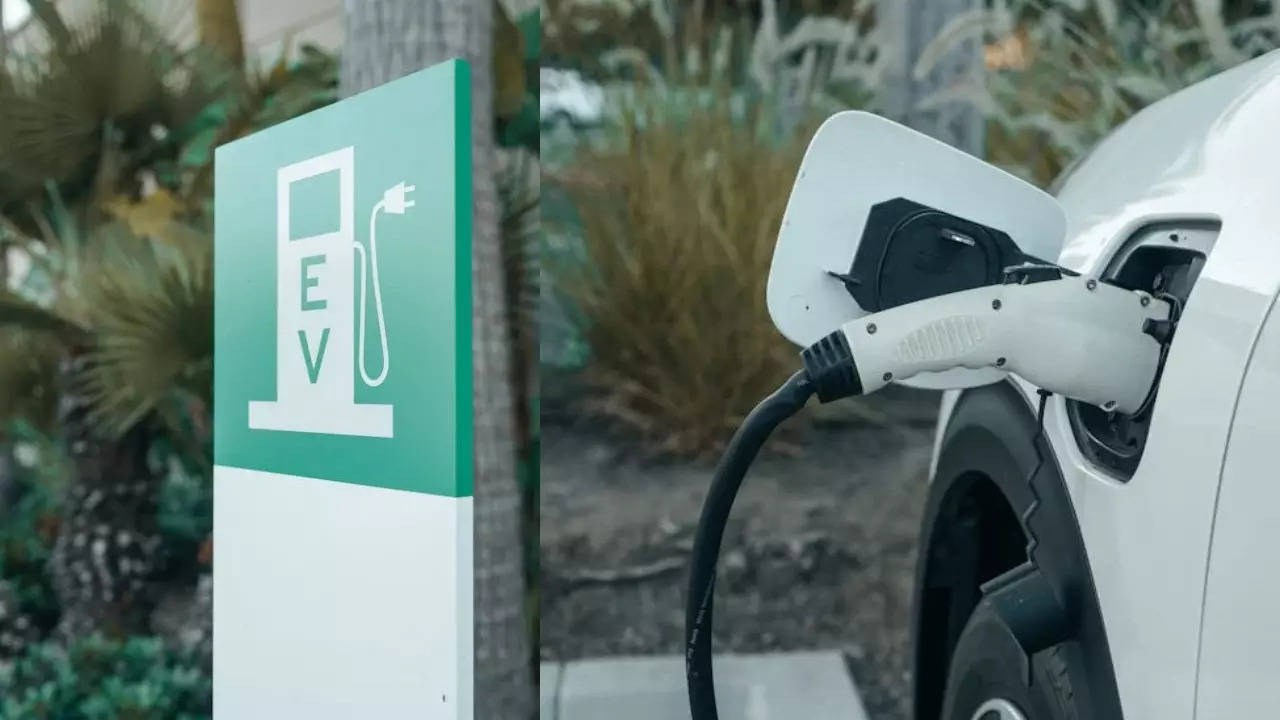In a first initiative of its kind, the scheme will also support deployment of hybrid engine powered ambulances, Union Heavy Industries Minister H D Kumaraswamy told journalists Thursday. In addition to these, the centre has notified a steep decline of sops, significantly lowering them from the second year of implementation.
“The scheme aims to accelerate the adoption of electric vehicles in the country and establish essential charging infrastructure, promoting cleaner and more sustainable transportation,” Kumaraswamy said.
An official statement said the scheme will support deployment of 24.79 lakh electric two-wheelers (e-2w), 3.16 lakh electric three-wheelers (e-3w), and 14,028 electric buses (e-buses). The scheme is currently valid for sales made during fiscal 2024-25 and 2025-26.
These subsidies are linked to the battery capacity of an electric vehicle (EV). For sales made during fiscal 2024-25, eligible e-2w and e-3w will get a subsidy of Rs 5,000 per kilowatt hour (kWh) of battery capacity, while e-buses will get Rs 10,000 per kWh. The per unit subsidy will be halved for sales made during fiscal 2025-26.
Localisation concerns
Responding to a query on how compliance with domestic manufacturing norms will be ensured in the new scheme, Secretary, Ministry of Heavy Industries, Kamran Rizvi said, “There will be a conformity of production (COP) test every six months.”PM E-DRIVE, like its predecessor Faster Adoption and Manufacture of Electric Vehicles (FAME), is aimed at subsidising locally manufactured vehicles. But the earlier iteration was marred with instances of companies selling largely imported vehicles and wrongly availing subsidies. This eventually led to the government trying to recover the already disbursed money but with limited success since some companies contested these claims.Commenting on whether companies that are yet to payback the wrongly availed subsidies will be allowed to claim sops under the new scheme, Kumaraswamy said, “Regarding defaulters who have misused the scheme, how can we encourage them?”
Key developments
Another significant development is the introduction of sops for those scrapping their old trucks. The scheme will promote the deployment of e-trucks through a Rs 500 crore allocation. “Incentives will be given to those who have a scrapping certificate from approved vehicles scrapping centres,” the statement added.
Deployment of 70,500 electric vehicle charging stations will be incentivised through an allocation of Rs 2,000 crore. Infrastructure at testing agencies is going to get a fillip with a Rs 780 crore outlay under PM E-DRIVE.
The cabinet had also approved the payment security mechanism (PSM) to aid deployment of e-buses in the country. A Rs 3,435.33 crore fund has been created for the same to deploy 38,000 e-buses by fiscal 2028-29. “This scheme will ensure timely payments to e-bus suppliers for up to 12 years from the date of deployment,” the statement said.
A senior official said this PSM will come handy during instances where the states do not make payments. The centre will be allowed to recover any shortfall made good through the PSM from the defaulting state government’s account through the Reserve Bank of India (RBI).








